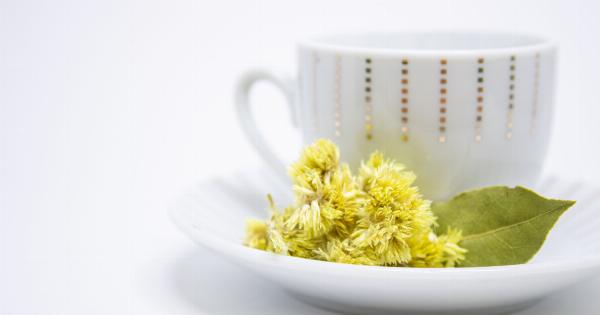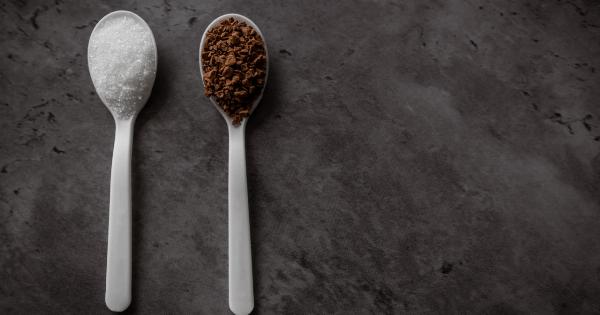There’s nothing quite like a morning cup of coffee, but if you’re pregnant, you may be wondering whether it’s safe to indulge in your caffeine habit. For years, experts and expectant mothers have debated whether or not coffee is safe during pregnancy.
While some studies suggest that moderate coffee consumption is harmless, others warn that caffeine may cause a range of health problems for both mother and baby. So, what’s the verdict? Let’s take a closer look at the debate about coffee and pregnancy.
What is caffeine?
Caffeine is a natural stimulant that is found in a variety of beverages and foods, including coffee, tea, chocolate, and soda. It is also added to some medications and energy drinks.
Caffeine affects the central nervous system by increasing alertness and reducing fatigue. It can also cause increased heart rate, headaches, and difficulty sleeping if consumed in excess.
How much caffeine is in coffee?
The amount of caffeine in coffee varies depending on the type of bean, the roast, and the brewing method. On average, an 8-ounce cup of coffee contains about 95 milligrams of caffeine.
However, some specialty coffees can contain as much as 200 milligrams per serving.
The risks of caffeine during pregnancy
While moderate caffeine consumption during pregnancy is generally considered safe, excessive caffeine intake may increase the risk of miscarriage, preterm birth, low birth weight, and other complications.
The American College of Obstetricians and Gynecologists recommends that pregnant women consume no more than 200 milligrams of caffeine per day, or about one 12-ounce cup of coffee. However, some studies suggest that even lower levels of caffeine intake may be associated with negative outcomes for mother and baby.
The benefits of coffee during pregnancy
Despite the potential risks, some studies suggest that moderate coffee consumption may have health benefits for pregnant women.
For example, one study found that women who consumed caffeine during pregnancy had a lower risk of gestational diabetes, while another found that caffeine intake may decrease the risk of depression and suicide.
What do the experts say?
The debate about coffee and pregnancy is far from settled, and experts have differing opinions on the matter.
The American Pregnancy Association advises pregnant women to avoid caffeine altogether, while the American College of Obstetricians and Gynecologists recommends limited caffeine intake. Meanwhile, the National Health Service in the United Kingdom suggests that pregnant women can safely consume up to 200 milligrams of caffeine per day, which is roughly equivalent to one 12-ounce cup of coffee.
Alternatives to coffee during pregnancy
If you’re pregnant and looking for a caffeine-free alternative to coffee, there are plenty of options available. Decaffeinated coffee and tea are popular choices, as are herbal teas.
Some women opt for drinks like hot chocolate or fruit smoothies, while others simply drink water or juice.
The Bottom Line: Can you drink coffee during pregnancy?
While the debate about coffee and pregnancy continues, most experts agree that moderate caffeine consumption is unlikely to cause harm to mother or baby.
However, it’s important to remember that everyone is different, and what may be safe for one woman may not be safe for another. If you’re pregnant and considering drinking coffee, it’s best to talk to your doctor or midwife to determine what’s right for you and your baby.


























